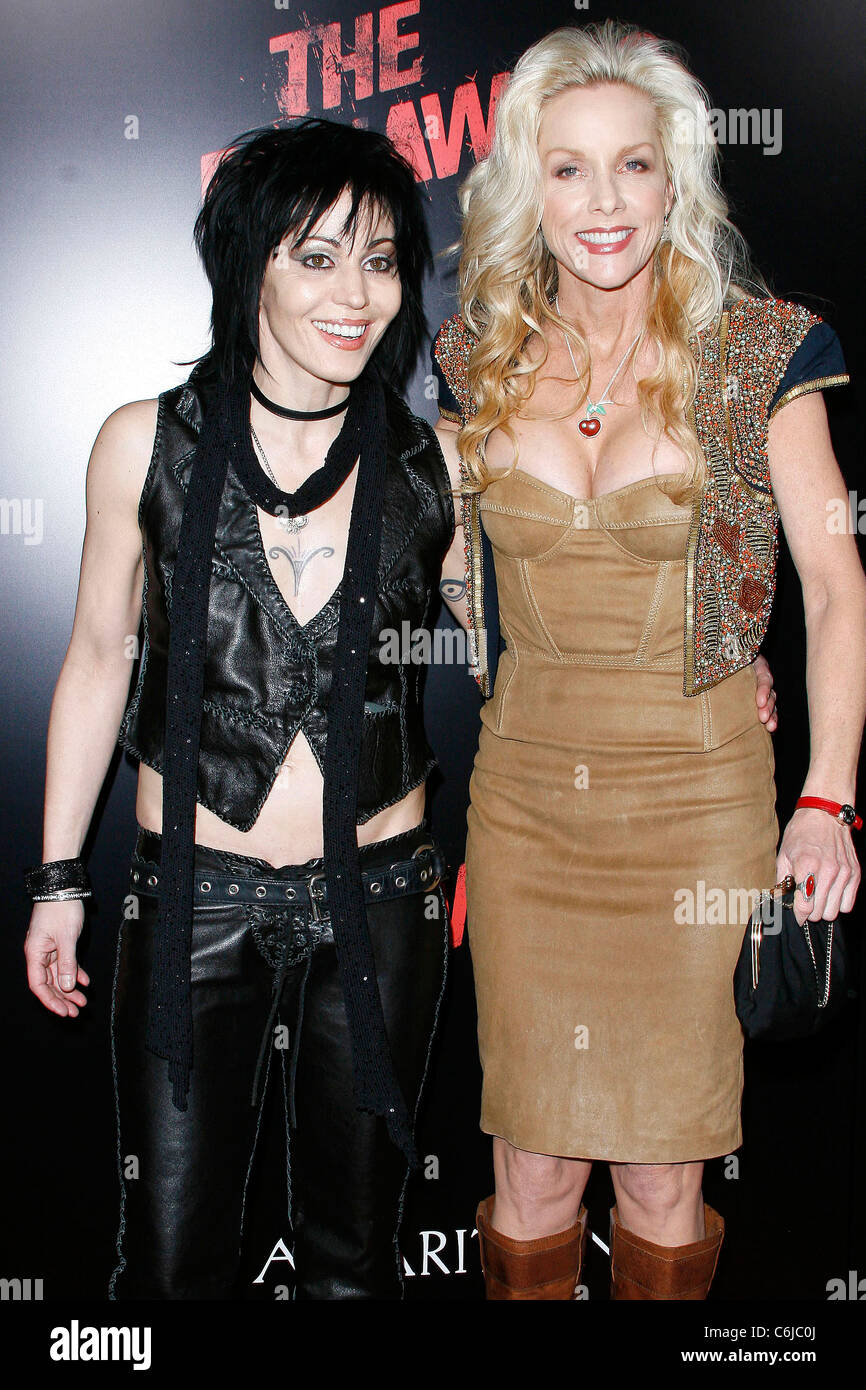


“Kim Fowley (the Runaways first manager), unfortunately, felt that keeping us at each other's throat made us better onstage. “We were in a very male-dominated business and we had to protect each other and be there for each other.”īut the one thing the Runaways didn’t have that they desperately needed was an adult figure to arbitrate and advise the girls during the rise of a band, because, by the end, the band was hardly speaking to each other.

“We came together as a band and we had each other’s back,” Currie said. One thing the Runaways had, at least in the early days, was each other. We gave up the necking on Mulholland Drive, all of those things that we didn’t experience as young kids, as well.” Proved it the Runaways did, but it came at a price, Currie said. “We played every dive throughout the United States and then some over and over again and over 21 clubs when we were only 16 and 17 years old,” Currie said. And I pretended to be David Bowie, as Joan pretended to be Suzi for the first year of the Runaways until we figured out who we were.”īorn and raised in Encino, California, Currie joined the Runaways in 1975, at age 15, and she has been rocking ever since. “Joan was an over-the-top Suzi fan, where she, literally, dressed and acted like her. “You know what I think is a tragedy? It’s that Suzi Quatro isn’t in the Hall of Fame, because if it wasn’t for Suzi Quatro, Joan Jett (who is in the Rock and Roll Hall of Fame) wouldn’t have existed,” Currie insisted. When asked if she’s angry about the Runaways not being in the Rock and Roll Hall of Fame, Currie is clearly more upset that one of the Runaways’ biggest influences isn’t in there already.


 0 kommentar(er)
0 kommentar(er)
